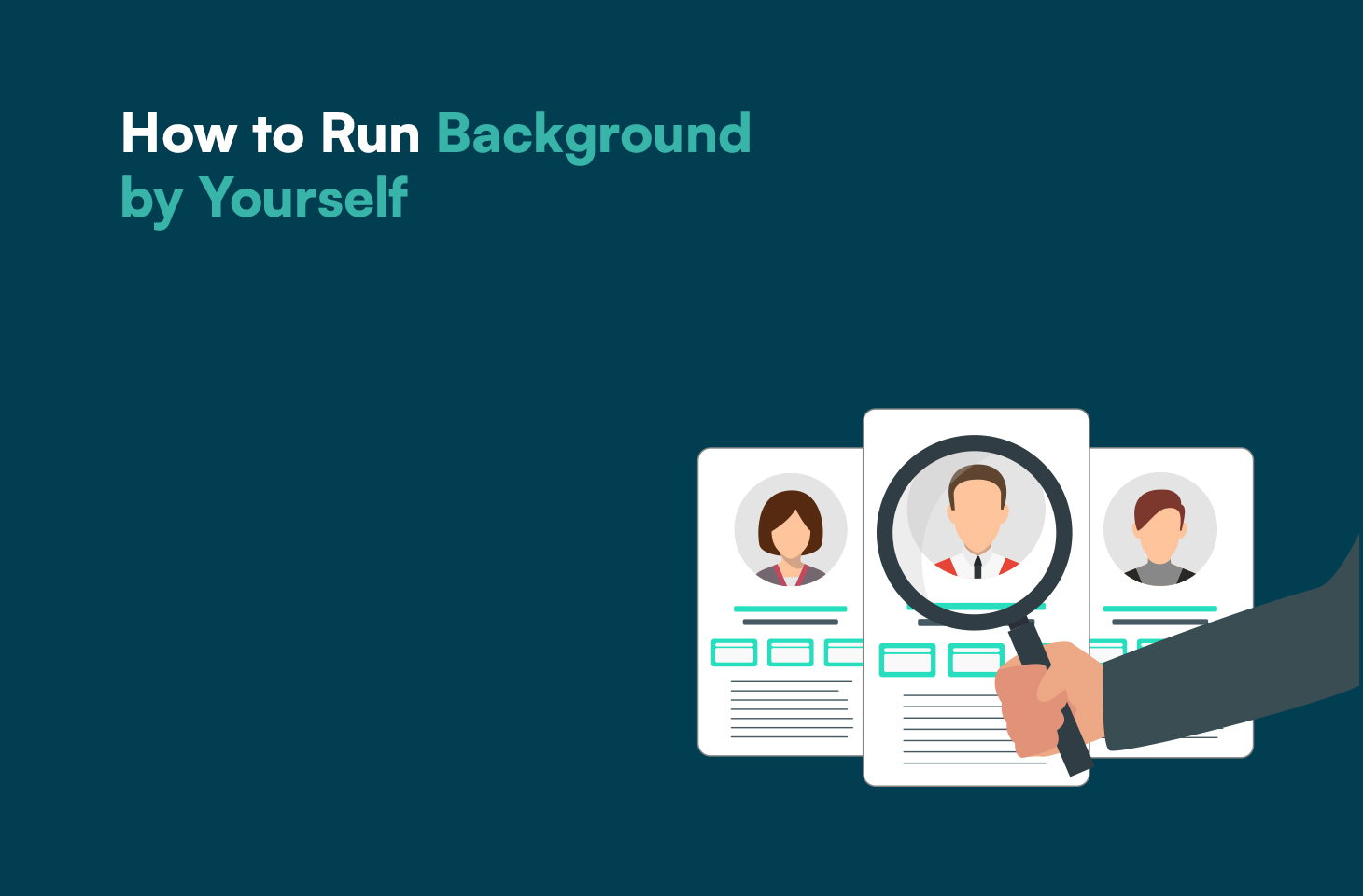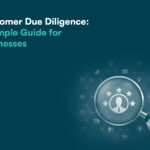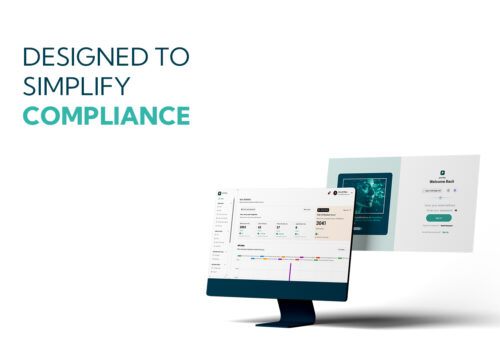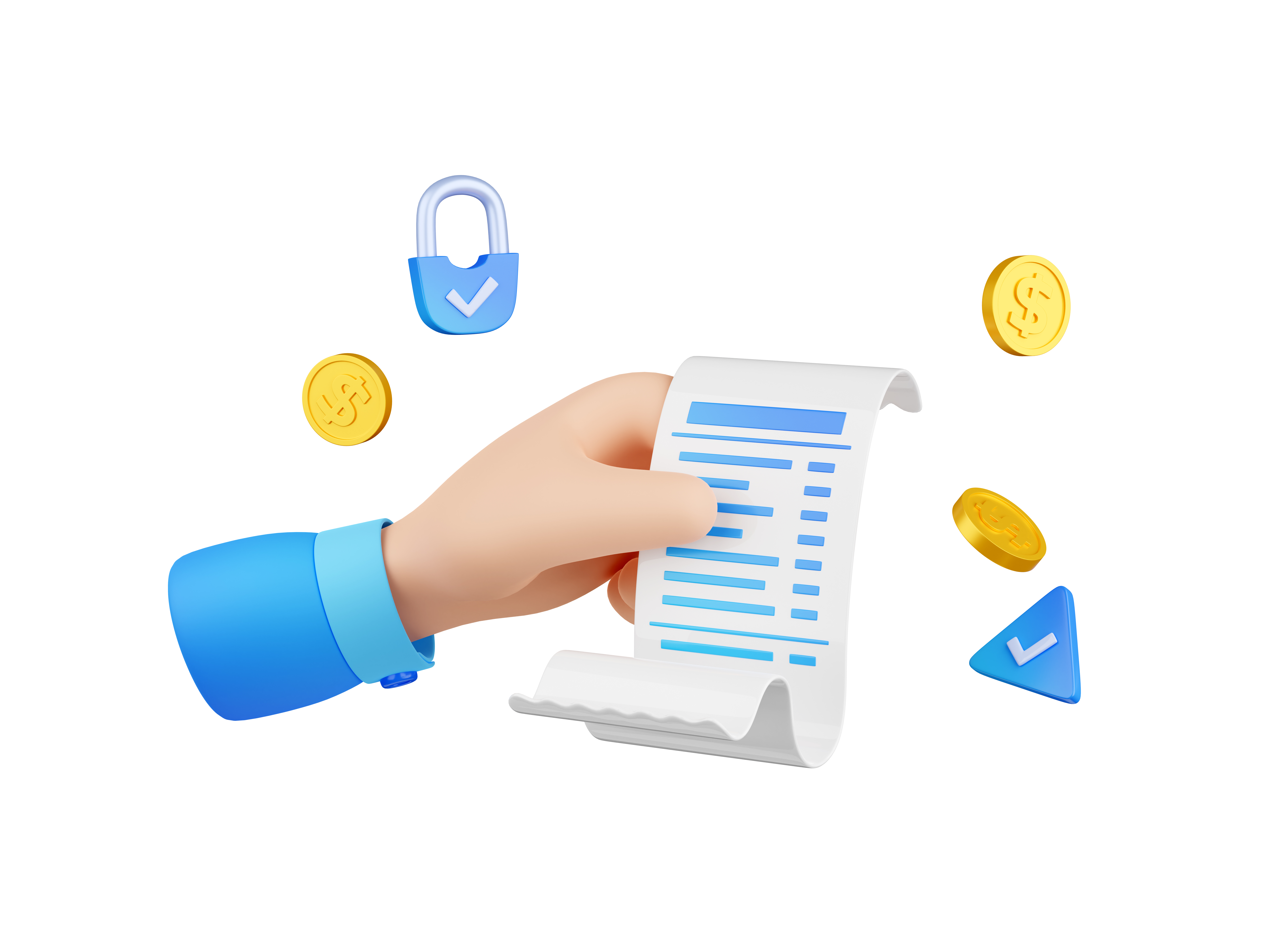Running a background check on your own can be a smart and cost-effective way to gather important information about someone, whether it’s a potential roommate, employee, tenant, or even a personal acquaintance. While many people assume that only large corporations or private investigators can conduct background checks, the truth is that you can legally and effectively run a background check by yourself with the right guidance.
In this comprehensive guide, you’ll learn exactly how to run a background check by yourself, what tools and sources to use, how to stay compliant with legal and ethical standards, and what kind of results to expect.
Why You Might Need to Run a Background Check
Running a background check can help you:
- Hire safer by screening domestic workers or freelance contractors.
- Find a trustworthy tenant for your property.
- Ensure personal safety when dating or meeting someone new.
- Verify online identities and avoid scams.
- Check your own record for errors or outdated information.
Knowing someone’s history, especially their criminal, financial, or employment background, can provide peace of mind and prevent costly mistakes.
Is It Legal to Run a Background Check on Someone?
Yes, in most countries, you can legally run a background check as long as you follow certain rules:
- You must have a legitimate reason.
- You may need written consent (especially if you’re checking credit or employment history).
- You cannot discriminate based on race, gender, religion, or other protected characteristics.
- You must not impersonate law enforcement or use illegal methods (e.g., hacking, accessing restricted databases).
Check your local laws and regulations to ensure compliance.
What You Can and Cannot Check Yourself
Here’s what you typically can check yourself or by using background check companies like Prembly
- Identity Verification.
- Public records (e.g., court records, property records).
- Social media profiles (social media sentiment analysis).
- Business ownership.
- Criminal records (depends on jurisdiction).
- Employment history (via verification calls or LinkedIn).
- Academic records (with consent)
Here’s what you usually cannot access without legal authority or without authorised verification companies
- Private financial records
- Medical records
- Prison records (in most jurisdictions)
- National security or government clearance data
Step-by-Step Guide: How to Run a Background Check by Yourself
1. Gather Basic Information
Start with as much accurate information as possible:
- Full name (including middle name if available)
- Date of birth
- Last known address
- Phone number
- Email address
- Social media handles (if known)
Accurate data increases your chances of finding the correct records.
2. Verify Identity and Social Media Presence
For identity verification, it may be best to use ID verification companies. However, you can explore
- Search Engines: Combine name, city, school, job, etc.
- LinkedIn: Great for employment and education validation.
- Social Media accounts: Useful for personality and lifestyle insight.
3. Search Public Records
Depending on your country, public records may include:
- Court records (criminal and civil)
- Marriage/divorce records
- Property ownership
- Business registrations
In the U.S., use state or county government websites. In Kenya, for example, you can check court records via the Kenya Law Reports or the Judiciary Case Tracking System.
4. Check Criminal History
Depending on your location, access to criminal records may vary:
- In the U.S., county sheriff websites or state databases can offer this info.
- In Kenya, apply for a Police Clearance Certificate (PCC) through the DCI.
- You can also search news articles or court rulings for criminal mentions.
Important: Always respect privacy laws and never assume guilt without verified, official documentation.
5. Verify Employment and Education
You can:
- Cross-check LinkedIn or resumes.
- Call HR departments (with consent).
- Use alumni verification tools from universities.
- Email professional associations for license validation.
6. Review Credit History (With Consent)
Credit checks are sensitive and must comply with legal frameworks:
- In the U.S., use services like Equifax or TransUnion (requires written consent).
- In Kenya, you can use CRB providers like Metropol, TransUnion, or CreditInfo.
- Always get consent in writing.
7. Use Online Background Check Tools
If you’re short on time or want a consolidated view, consider using Prembly
Free vs Paid Methods: Which One Should You Use?
| Feature | Free Tools | Paid Services |
|---|---|---|
| Cost | $0 | $10–$100+ per report |
| Accuracy | Varies | Higher |
| Speed | Slower, manual | Faster, automated |
| Depth of Information | Limited | More comprehensive |
| Legal Compliance Support | No | Often included |
If you’re conducting a background check for employment, housing, or legal purposes, paid services are more reliable and compliant.
Legal and Ethical Considerations
When running a DIY background check, you must:
- Obtain consent when necessary.
- Never use stolen or private credentials.
- Be transparent if you’re using the information for hiring or other official decisions.
- Avoid discrimination.
- Protect the data you gather—do not share or misuse it.
Violating privacy laws can lead to serious legal penalties.
Tips for Interpreting Background Check Results
- Cross-reference everything. One mistake could result in false assumptions.
- Check context. A minor past offence might not be relevant.
- Ask for clarification. If you’re hiring someone, it’s fair to give them a chance to explain.
- Look for patterns. One bad incident doesn’t always mean bad character, but consistent issues are a red flag.
Running a background check by yourself is completely possible and in many cases, highly beneficial. Whether you’re verifying someone’s history or simply being cautious, following the steps outlined in this guide ensures you stay legal, ethical, and effective. However, it is usually advisable to use background check companies as they are able to accurately and professionally perform these activities within the permitted legal frameworks.







